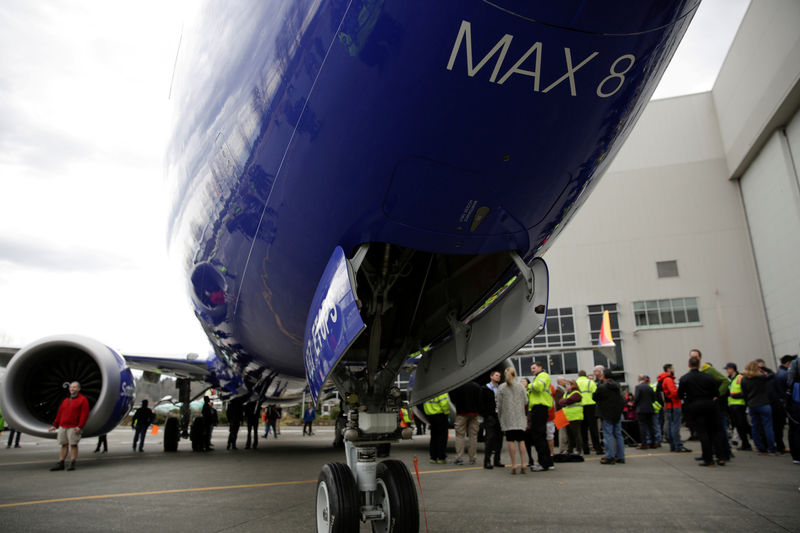In a landmark event for the aviation industry, Virgin Atlantic successfully completed a transatlantic flight from London Heathrow to New York's JFK Airport using only sustainable aviation fuel (SAF). This historic flight, operated with a Boeing (NYSE:BA) 787 equipped with Rolls-Royce (OTC:RYCEY) Trent 1000 engines, represents a significant step toward the industry's goal of achieving net-zero carbon emissions.
The flight was made possible through a consortium led by Virgin Atlantic, which includes partners such as Rolls-Royce, Boeing, Imperial College London, University of Sheffield, ICF, and with financial backing from the UK Government's £1 million grant. The SAF used for this flight is derived from waste fats that are not suitable for food and is said to reduce greenhouse gas emissions by approximately 70% compared to traditional jet fuel.
Simon Burr of Rolls-Royce highlighted the importance of this achievement, noting its contribution to advancements in aviation technology and environmental sustainability. Griffin Global Asset Management, which provided the leased Boeing 787-9 aircraft to Virgin Atlantic, also played a crucial role in this endeavor. Marc Baer of Griffin praised the efforts towards airline sustainability and net-zero emissions goals, while Shai Weiss of Virgin Atlantic celebrated the milestone as a result of radical collaboration and dedication to minimizing environmental impact.
However, the flight has also attracted scrutiny. The environmental group Possible, represented by Alethea Warrington and Leigh Day, filed complaints against Virgin Atlantic and British Airways with the OECD National Contact Point. They argue that the airlines have been misleading in their advertising about sustainable aviation practices. Possible contends that current green technologies are ineffective and that both airlines have obscured actual emission data. British Airways, for instance, has seen its emissions increase annually between 2016 and 2019, despite its "BA Better World" program aiming for net-zero by 2050.
The complaints also point out that the government-funded flight using cooking oil-based jet fuel, marketed as eco-friendly by Virgin, has been met with skepticism from scientists who question its climate impact. They argue that achieving net-zero aviation through biofuels or green hydrogen could require excessive land or renewable energy, potentially causing more harm than good when compared to kerosene, based on lifecycle emissions comparisons.
In response to these challenges, both airlines have reaffirmed their commitment to reducing their carbon footprint through measures such as improving operational efficiency, investing in new aircraft, developing SAF, and exploring zero-emission technologies. Virgin Atlantic has set a goal to incorporate a 10% SAF blend by 2030, demonstrating its continued focus on sustainability leadership in the aviation sector.
This article was generated with the support of AI and reviewed by an editor. For more information see our T&C.
